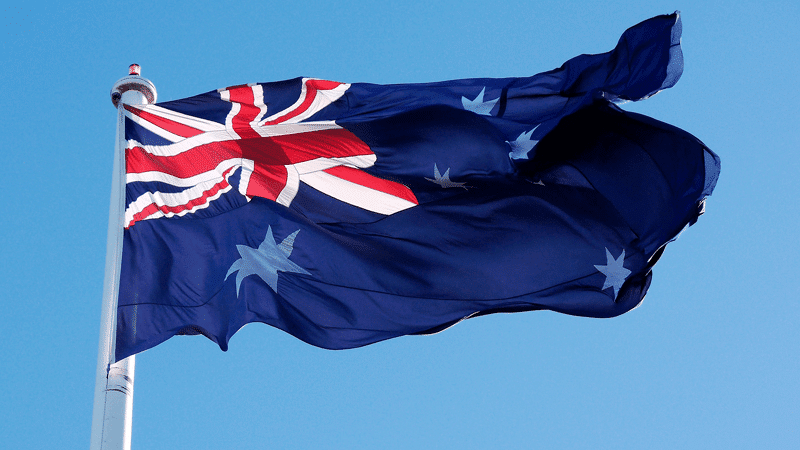After a long delay, the Australian Prime Minister has introduced a religious liberty Bill to protect people “from discrimination on the basis of their religion in daily life”.
Speaking in Parliament, Scott Morrison said that people are worried about “cancel culture” and the proposed law would protect people from being “fearful about what they believe”.
He stated: “People should not be cancelled or persecuted or vilified because their beliefs are different from someone else’s”.
Truth
Morrison quoted Ephesians chapter four, commenting that faith “is about speaking the truth in love, as the scriptures say”.
The Bill intends to protect people from being discriminated against for making a “statement of belief” as long as it does not “threaten, intimidate, harass or vilify a person or group”.
It also seeks to enable religious organisations to hire staff in line with their publicly stated basis of faith.People should not be cancelled or persecuted or vilified because their beliefs are different from someone else’s.
Compromise
However, sections of the Bill which would have allowed medical professionals to conscientiously object to certain procedures such as abortions have been removed.
In a last-minute attempt to gain liberal support, the Government proposed ditching protections for faith-based schools, meaning Christian establishments would no longer be able to suspend or expel students who did not abide by a biblical sexual ethic.
The Bill will not return to parliament until next year.
Religious freedom
Last month, LGBT activists lobbied Attorney-General Michaelia Cash to prevent the Australian Government from introducing the protections.
New laws on the issue were first proposed in 2018, following a review into religious freedom.
Rugby Australia settles with Israel Folau over sacking
Prison for praying under new Aus state ‘conversion therapy’ ban


